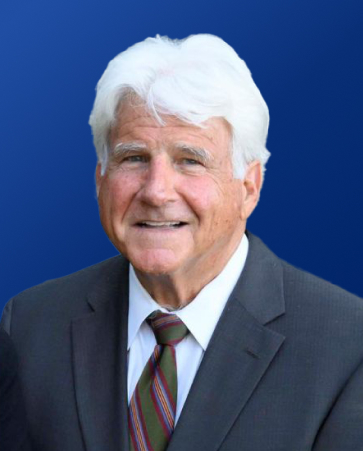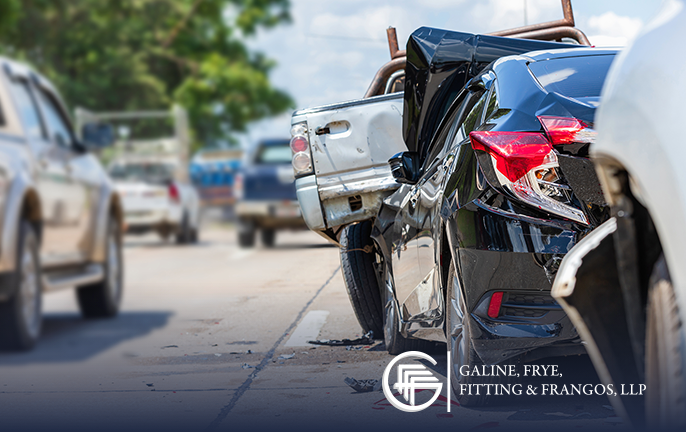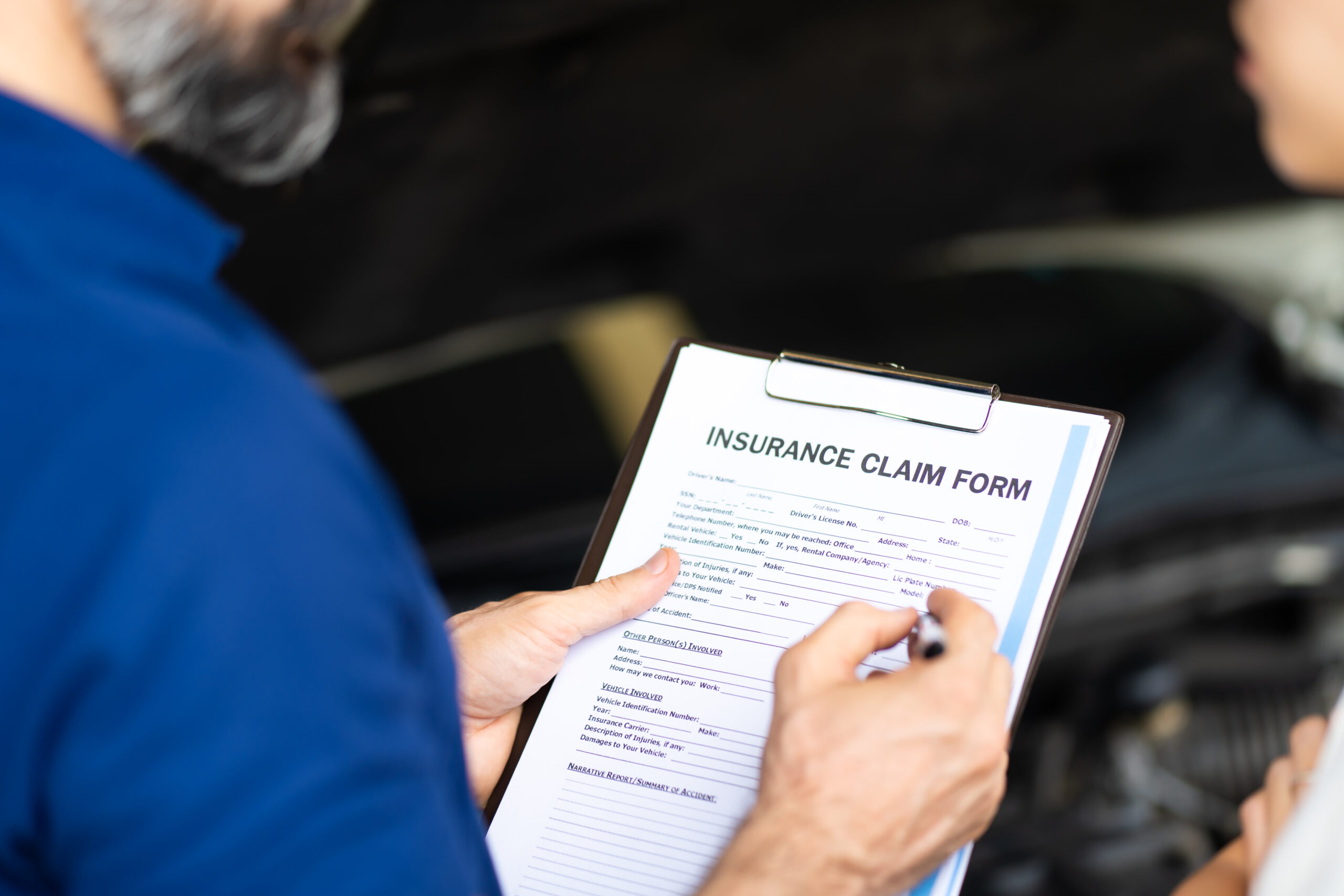Each year, millions seek medical treatment for injuries sustained in motor vehicle accidents on U.S. roads. Many of those injuries result in significant financial and emotional costs for the sufferer. Some of those people seek compensation through personal injury claims and even file lawsuits against the individual or entity responsible for the accident. Here is a look at the criteria for filing a personal injury claim and when someone can sue after a car accident. Reach out to a car accident lawyer.
Can You File a Car Accident Claim?
As noted by the National Safety Council (NSC), 5.4 million people in the U.S. suffer car accident injuries serious enough to require a medical consultation each year, and nearly 47,000 people die due to motor vehicle accidents. Not all of those injuries qualify for a personal injury claim, and not all of the family members of those killed may file a wrongful death claim. You must meet certain basic criteria to obtain compensation from another party after a car accident.

1. Someone Else Caused the Accident
Whether your claim is resolved through a settlement agreement or through a court award, you must be able to show that someone else was liable (legally responsible) for the accident.
In most car accident cases, liability results from negligence and is proven by producing evidence and witness testimony that satisfies these elements.
- The at-fault party had a duty of care, meaning they had the legal responsibility to take reasonable actions to avoid causing harm to others on the roadway. To prove a duty of care, you must show that the at-fault party in your claim was operating a motor vehicle on a public roadway when the accident occurred. This is often accomplished through a police report from the officer who investigated the accident.
- There was a breach in the duty of care owed by the at-fault party when they took actions contrary to the duty owed to other drivers. Vehicles on public roadways must be operated by licensed drivers who have at least the minimum level of insurance coverage as required by the laws in their state. Additionally, drivers must obey all traffic laws and ensure that their vehicle is in good enough condition to operate on public roadways. Drivers who fail to maintain and insure their vehicle or exhibit driving behaviors that violate traffic laws can bear liability when an accident occurs. Many types of evidence can be used to prove a driver's breach of duty, including eyewitness testimony, expert testimony from accident reconstruction specialists, and even footage from surveillance cameras owned by residents or businesses in the area.
- The breach of the driver's duty caused the claimant’s injuries. The claimant's injuries must be consistent with the stated cause of the accident, and they must be able to show that but for the at-fault party’s actions, those injuries would not have taken place. Evidence used to prove this element includes information from the police report regarding the medical evaluation of the injured party or medical documentation obtained from a doctor that connects the injuries with this type of accident.
2. The Injuries You Sustained Resulted in Expenses and Impacts on Your Quality of Life
In most circumstances, individuals who do not suffer economic harm cannot file a claim.
The type of harm an injured party can seek compensation for includes:
- Medical expenses.
- Wage loss.
- Permanent loss of earning capacity.
- Property damage (damage to the vehicle you were driving).
Personal injury claims also frequently involve non-economic damages, which compensate for the negative impacts of the accident on the claimant's quality of life, such as physical pain and suffering or emotional distress. However, non-economic damages are generally unavailable unless the claimant has also suffered some economic impact.
3. The At-Fault Party, In Your Case, Had Liability Insurance
Auto liability insurance covers claims against an insured driver for economic and psychological harm due to the insured's negligent operation of a motor vehicle.
Drivers in most states must obtain a minimum level of insurance to cover:
- Bodily injury per person injured in the accident and an amount of coverage available if more than one person was injured in the accident.
- Property damage sustained by others in an accident that was determined to be the insured driver's fault.
Claims are initially filed against a relevant liability insurance policy held by the at-fault party. If the at-fault party's insurance provider fails to compensate the claim, the claimant is eligible to file the claim as a legal complaint (lawsuit) in civil court so that a judge or jury can hear the case and make decisions about liability and compensation.
If the at-fault party did not have a liability insurance policy, the plaintiff can file a lawsuit against the at-fault party, and a court can render a judgment against them.
An uninsured person usually does not have the funds to compensate someone else's medical and income loss expenses out-of-pocket, so you could win your case but collect nothing.
In cases featuring an uninsured at-fault party, an attorney will look for other insurance policies to file the claim against, such as the claimant's own uninsured/underinsured coverage or a health insurance policy provided through their employer or privately obtained by them.
4. Did Your Accident Occur Recently?
Personal injury claimants only have a limited time to file a claim in court. This period is referred to as the statute of limitations and is written into state law. Generally, states allow claimants between one and six years to file a personal injury claim in most cases, with some exceptions granted in certain circumstances.
Failing to file a claim within the statute of limitations will almost always result in the loss of the claimant's right to file a lawsuit. It will also free the insurance company from the legal obligation of resolving the claim. If you wait too long to file your claim, the insurance company can refuse to settle, and the court can refuse to hear the case.
5. Are You In a No-Fault State?
A handful of states require all registered drivers to obtain personal injury protection (PIP) coverage. This type of coverage is commonly called "no-fault" insurance, as it provides wage replacement and compensation for medical expenses after an accident, regardless of who was at fault.
Because the state requires this coverage, injured people must use it as their first resource when seeking compensation after an accident. Only those with injuries deemed serious or resulting in expenses exceeding the PIP policy's limits may file a personal injury claim against the at-fault driver's auto liability insurance policy. Claimants may only file a lawsuit if the at-fault party's insurer fails to compensate that claim fairly.
When a Lawsuit Isn't Necessary
Most personal injury claims are resolved by a settlement agreement before a trial begins. Often, the claim is resolved before a legal complaint is even filed in court. Only one out of every 20 personal injury claims makes it to court.
Both parties usually prefer settlements because:
- Litigation is expensive. The costs can add up between filing fees, the costs of producing documents, deposing witnesses, and other court-related activities.
- Litigation has an uncertain outcome left largely in the hands of the judge and jury to decide. A settlement agreement allows both parties in a dispute to have their say in the crafted agreement.
- Litigation takes more time. While settlement negotiations can seem endless in some cases, they still tend to produce a quicker resolution than a trial, which is at the mercy of court scheduling.
Does this mean your case will settle out of court? In all likelihood, yes. However, you still need an attorney with ample litigation experience to assist you with your claim. The insurance claims adjuster making compensation decisions for your claim may not offer a fair settlement of the claim.
When a Lawsuit Is Filed in a Car Accident Case
When you file suit, the settlement negotiation process may continue. Filing a lawsuit may catalyze more productive settlement discussions, as the insurance claims adjuster knows that failing to produce a fair offer will result in litigation.
After filing a lawsuit, the case enters the discovery phase. This is when each party has the opportunity to request to see the evidence that the other party plans to use in the case. It is a busy time for your attorney, as they not only are entertaining settlement offers but often evaluating evidence, filing and responding to court motions, preparing evidence exhibits, and arranging for expert witnesses to provide testimony.
How an Attorney Helps You Get the Compensation You Need
Having an experienced attorney is a crucial part of obtaining compensation for the expenses and impacts of your injury, regardless of whether that compensation comes through a settlement agreement or a court verdict.
From start to finish, an experienced personal injury lawyer can guide you through the process, beginning with a free case evaluation. This is a no-cost, no-obligation conversation that you can have with an experienced attorney discussing the details of your claim and determining if you can file a claim. Your attorney can look at all available insurance resources, including those held by any liable parties as well as those you have to determine how much compensation can be accessed for your claim.
Most attorneys will only value a claim once the claimant has reached maximum medical improvement. This is the point in your treatment when your physician determines that you have likely made the most meaningful progress in your recovery and that more progress is unlikely, even if treatment continues.
This is an excellent opportunity to establish the claim's value, as there is a clear picture of the medical expenses and lost income and a chance to evaluate the psychological impacts you have experienced or will likely experience due to the injury. This is also when your physician and attorney will know whether you incurred permanent injuries and if you need additional compensation to cover future expenses and lost earning capacity.

An experienced attorney and their legal team will focus on obtaining the most compensation for your claim. With an eye on the calendar to protect your right to file a lawsuit, they gather the evidence and witness testimony that can prove liability in your case and the documentation needed to show that the compensation you're seeking will cover your impacts and expenses.
After your claim, they will collect your compensation and deduct payment for their services as a percentage of the total compensation recovered.
Contact an experienced personal injury attorney to learn more about your legal options and what steps you can take to pursue compensation for your losses.

